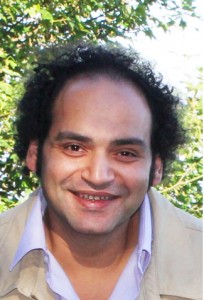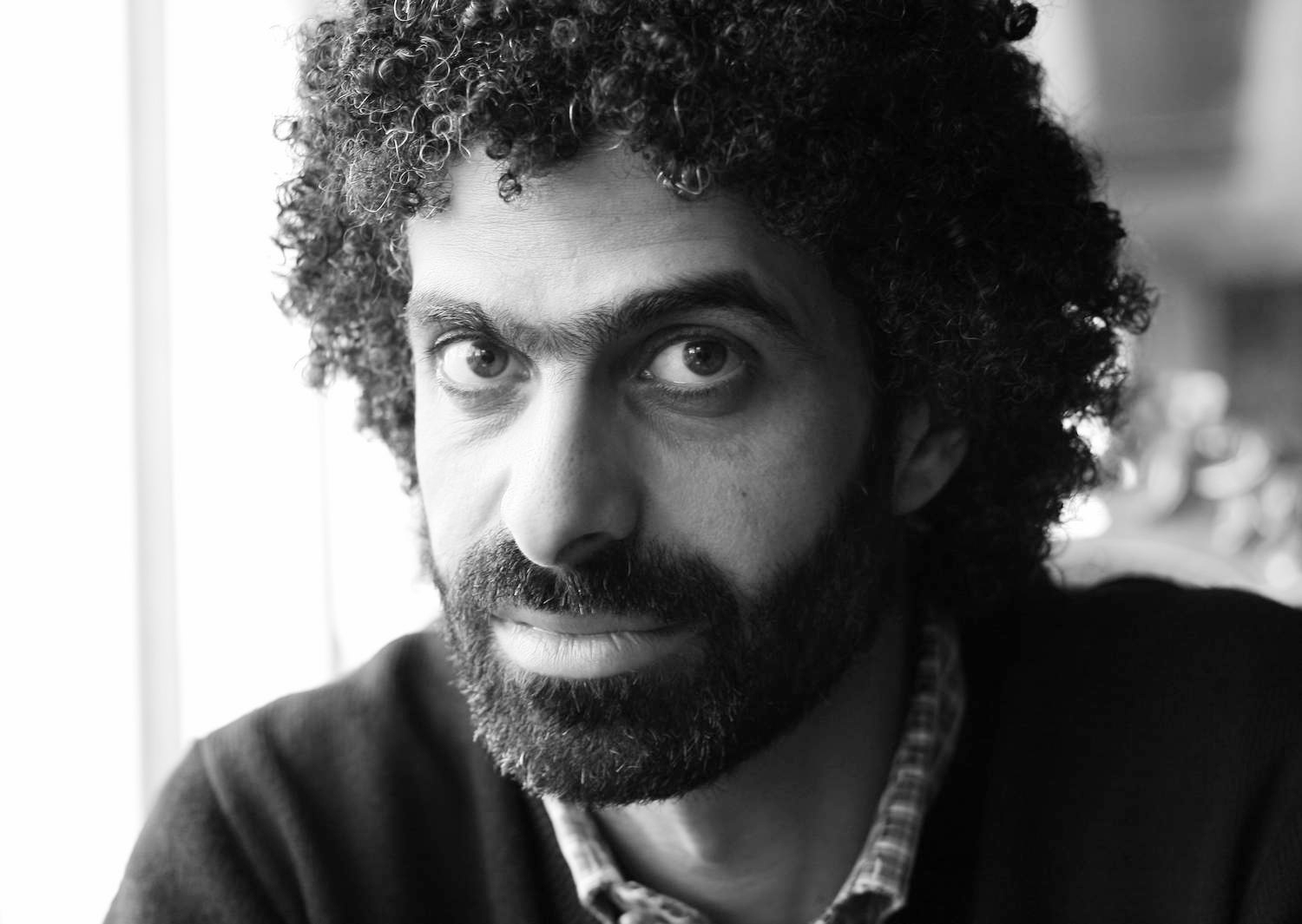 The past two weeks were very difficult to anyone who is trying to make sense of the Egyptian political scene. Egypt has always been a place where reason occasionally disappears and the process of making connections between different events becomes impossible. The last two weeks were the perfect example of this recurring process in Egyptian politics and society.
The past two weeks were very difficult to anyone who is trying to make sense of the Egyptian political scene. Egypt has always been a place where reason occasionally disappears and the process of making connections between different events becomes impossible. The last two weeks were the perfect example of this recurring process in Egyptian politics and society.
Perhaps the starting point should be the president’s decision to relieve the public prosecutor from his duties and appoint him as Egypt’s ambassador to Vatican City. The decision in itself is understandable in light of Morsy’s search for an exit that saves his face after the wave of acquittals that the court so gracefully ensured to all those who were accused. However, what doesn’t make sense in that decision is the way Mohamed Morsy took it.
If the decision to relieve the public prosecutor from his duties was a result of his professional inefficiency, then why reward him with another position? Second, a man who has always worked in the legal and judicial institution, why decide all of a sudden to give him a change of career and let him try out his chances as a diplomat? Besides, isn’t there a hierarchy within the Ministry of Foreign Affairs that should be taken into consideration when appointing new ambassadors?
But the public prosecutor did not take the position and went on this heroic outburst against presidential intrusion in the Egyptian judiciary. Here the situation became more and more absurd and drew further from “making sense.” The man who was one of Mubarak’s loyal entourage, who is responsible for investigation that amounted to merely procedural trials void of real content, this man suddenly became the figure that speaks on behalf of the revolution and the legal principles it called for.
In the meantime, Mohamed Morsy, the president who advocates democracy by seizing executive and legislative powers into his own hands, was also acting in the name of the revolution and the collective will of the people. The situation becomes more surreal when the Presidency declared that no official decree was ever issued and that the agreement was done on a personal basis and it was recorded. At this point I realized that I could no longer find any sense in this whole fiasco.
Meanwhile, I kept hearing and reading about the internal elections of the Freedom and Justice Party that took place last Friday. The funny thing was not the mere fact that an election is being held in the party, for that is the logical thing to do. The real funny thing was the fact that all those that I spoke to from the Muslim Brotherhood whether current or former members knew the result in advance, some of them even knew the percentage.
Some of them told me that competing in this election was all pre-prepared, and that the decisions concerning who shall run against who were all taken with a high degree of coordination and consensus. I actually heard that some of those who ran for regional offices were asked by their opponents to run.
The Brotherhood’s internal dynamics remain until today very far from participant democracy. They are built on principles of consensus and acquiescence between the select few in the guidance bureau who reach decisions to which the other members happily conform. Why is it so difficult to admit the existence of that mechanism is still an unanswered question for me?
What was funny within the whole Freedom and Justice party election was Saad El-Katatny’s Twitter account. After his victory was declared, I read several tweets by the man all pointing out to his intentions to extend the bridges between the different elements of the political scene in Egypt, and how keen he is to actually be opened to all suggestions and opinions. However, I accidentally came across the number of accounts that he follows and I saw they were only 3.
Out of curiosity I decided to find out who are the three Twitter accounts that El-Katatny follows only to discover that they belonged to Mohamed Morsy, Essam El-Eryan and the Freedom and Justice Party. Does it make any sense that a man who plans to extend his hand to all in cooperation only follows 3 accounts that are extremely similar to his? I am not only disturbed by this contradiction, I am also disturbed by the fact that Katatny’s Twitter timeline must be very boring if he only gets feeds from 3 accounts!
There is of course another explanation which entails that the man does not use his account and probably does not even administer it himself, which would mean that his Twitter account is nothing but a horn for propaganda that flows in a single direction.
So let me go back to my initial question, is Egypt making any sense? Surprisingly, the answer that jumps to my head instantly is yes. It is true that out president has proved lack of sufficient knowledge in the mechanics of running the state, that the majority party does not practice democracy as we rationally conceive of it and that the party leaders are occupied with one-way communication or outright propaganda.
All this makes sense, when you tie it the growing state of dissatisfaction with the Brotherhood it makes sense, when you connect it with the emergence of new political forces that are able to mobilise it makes sense and when you take a second to compare between the Freedom and Justice Party and late National Democratic Party you will be amazed by how much sense Egypt makes these days.


